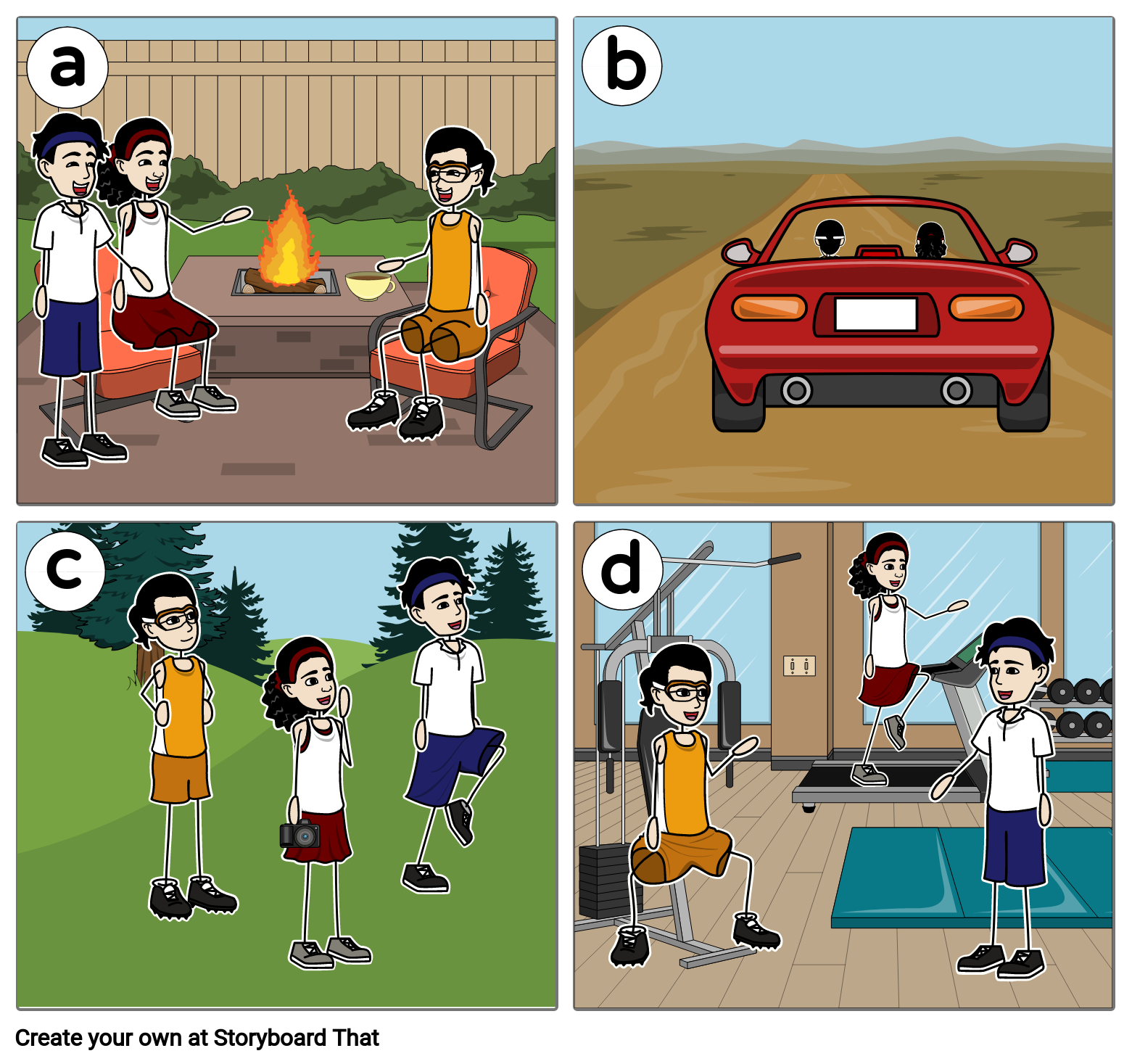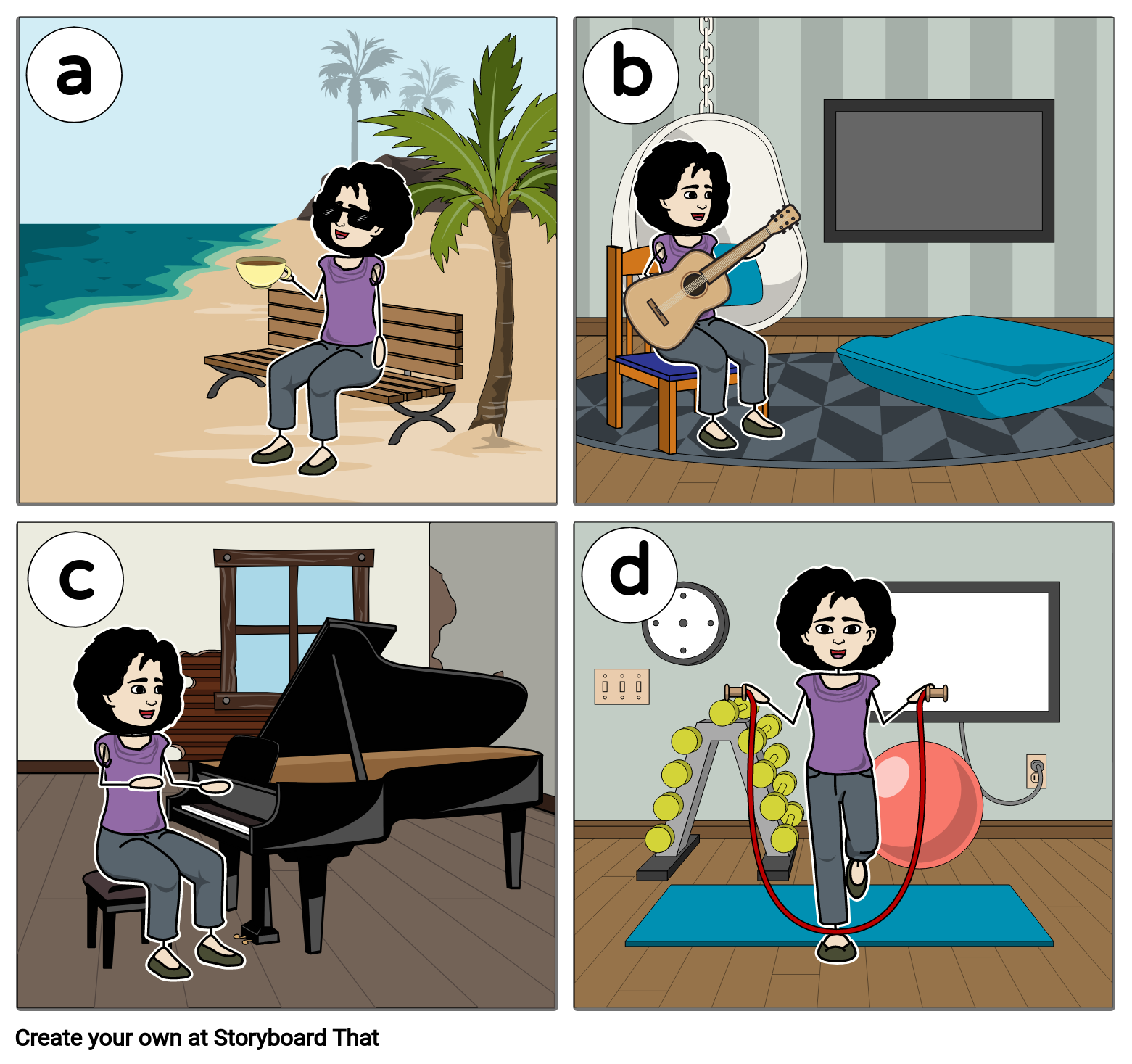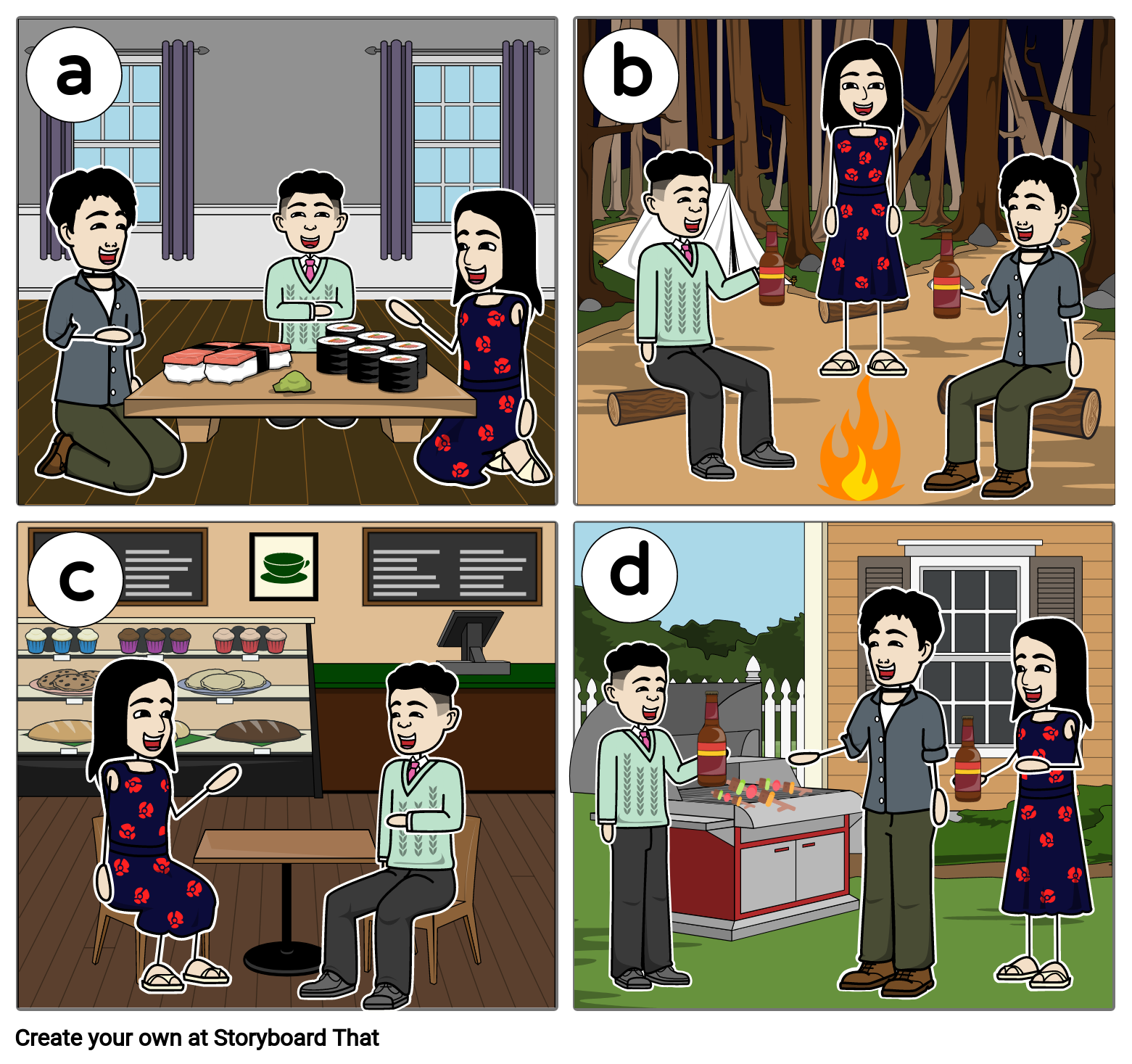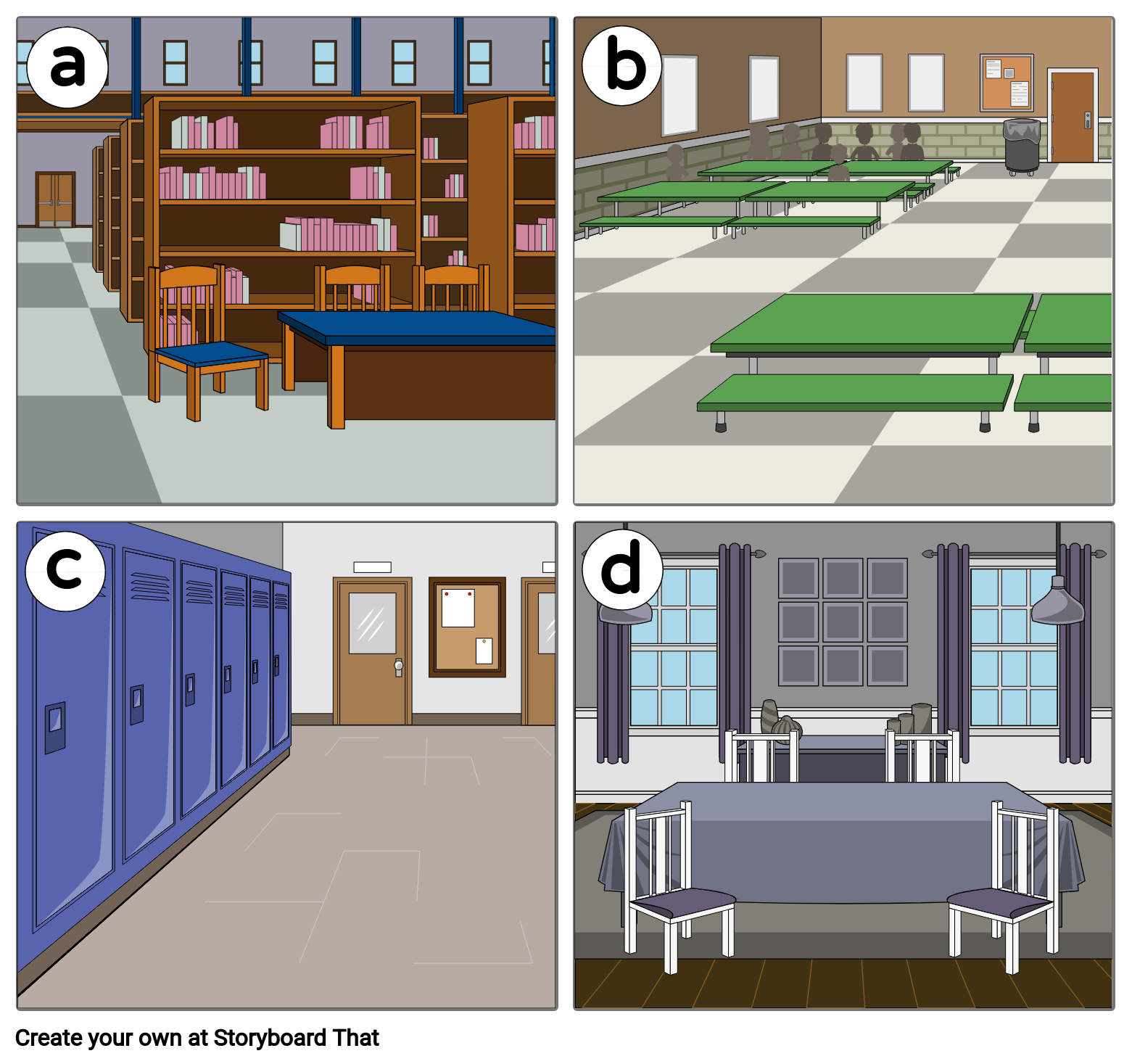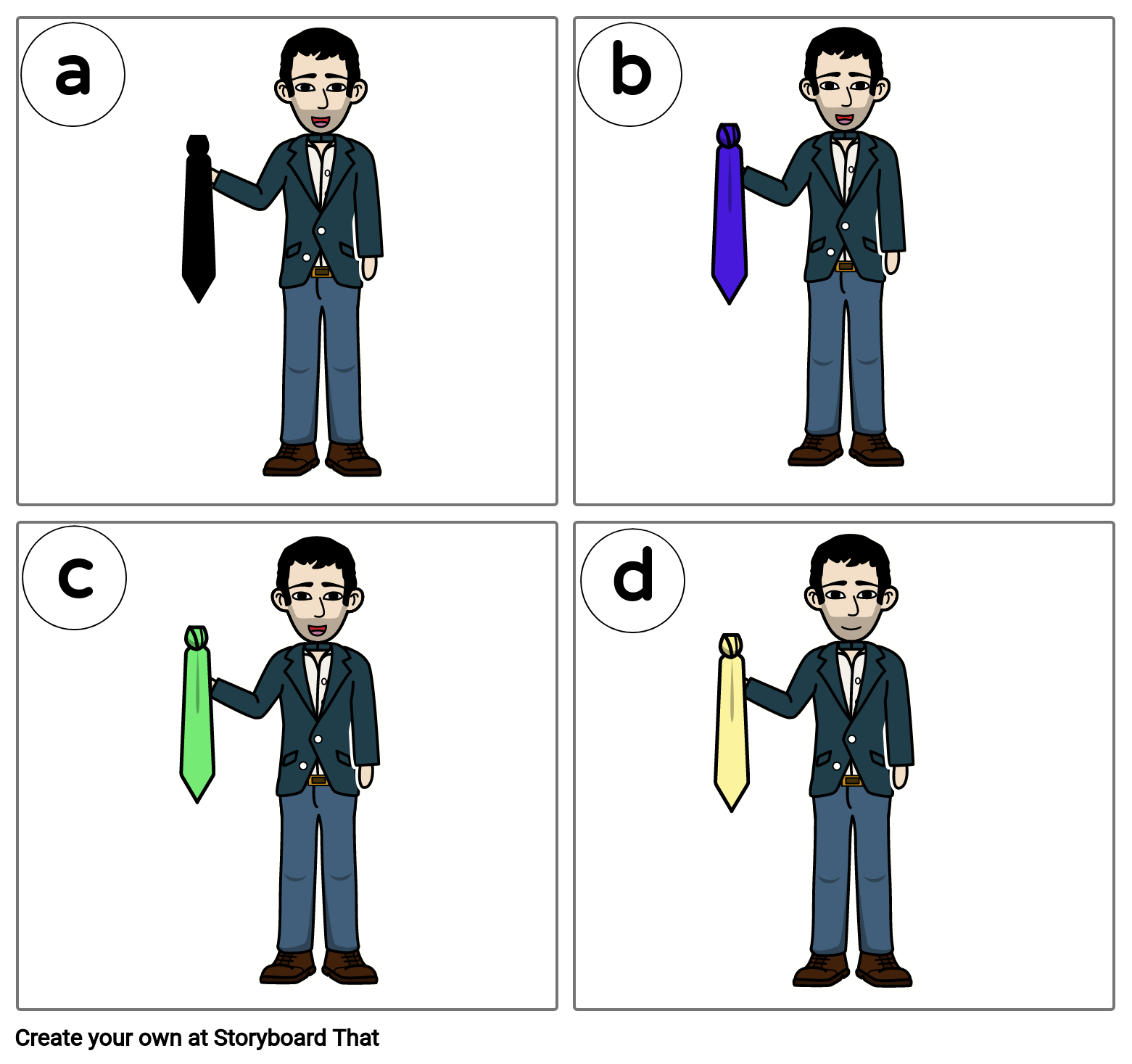PART A_1
I will ask the ff questions. Please answer them.
講師が質問しますので答えましょう。
PART A_2
| 1. | What do you usually do when you have concerns? |
| Answer: | |
| 2. | Who do you go to when you have concerns? |
| Answer: | |
| 3. | What do you think is the right way to address concerns about family? |
| Answer: | |
| 4. | What do you think is the right way to address concerns about health? |
| Answer: | |
| 5. | Should people be concerned about the problems of their country? |
| Answer: | |
| 6. | Do you worry a lot? |
| Answer: | |
| 7. | How do you feel when you have concerns? |
| Answer: | |
| 8. | Is it better to keep some concerns to ourselves? |
| Answer: | |
| 9. | Do you have friends that you can talk to about your concerns? |
| Answer: | |
| 10. | Do other people tell you about their concerns? |
| Answer: | |
| 11. | What do you think are the main concerns of human beings? |
| Answer: | |
| 12. | Why do you think it is good to seek advice from others? |
| Answer: | |
| 13. | What would happen if we never communicate our concerns about others? |
| Answer: | |
| 14. | What advice would you give someone who is worried about the future? |
| Answer: | |
| 15. | What advice would you give someone who is afraid of failing? |
| Answer: |
PART A_3
Now, let’s review your answer.
あなたの回答を復習してみましょう。
(Please review your student’s answers by sending the correct answers in complete sentences. After that, ask your student to read aloud his or her corrected answers.)
PART A_4







